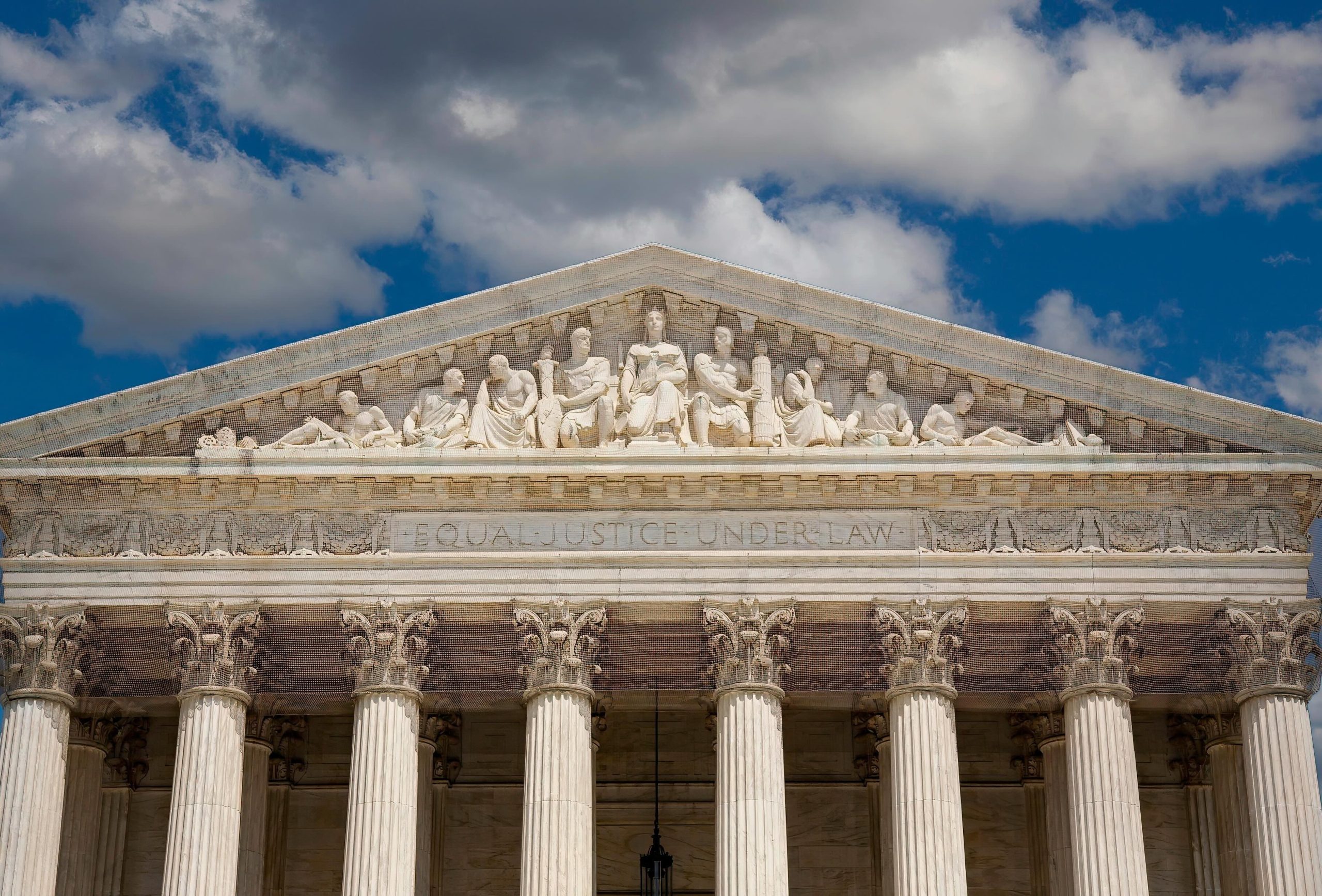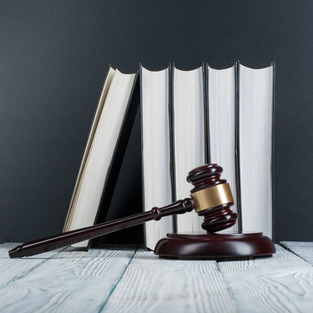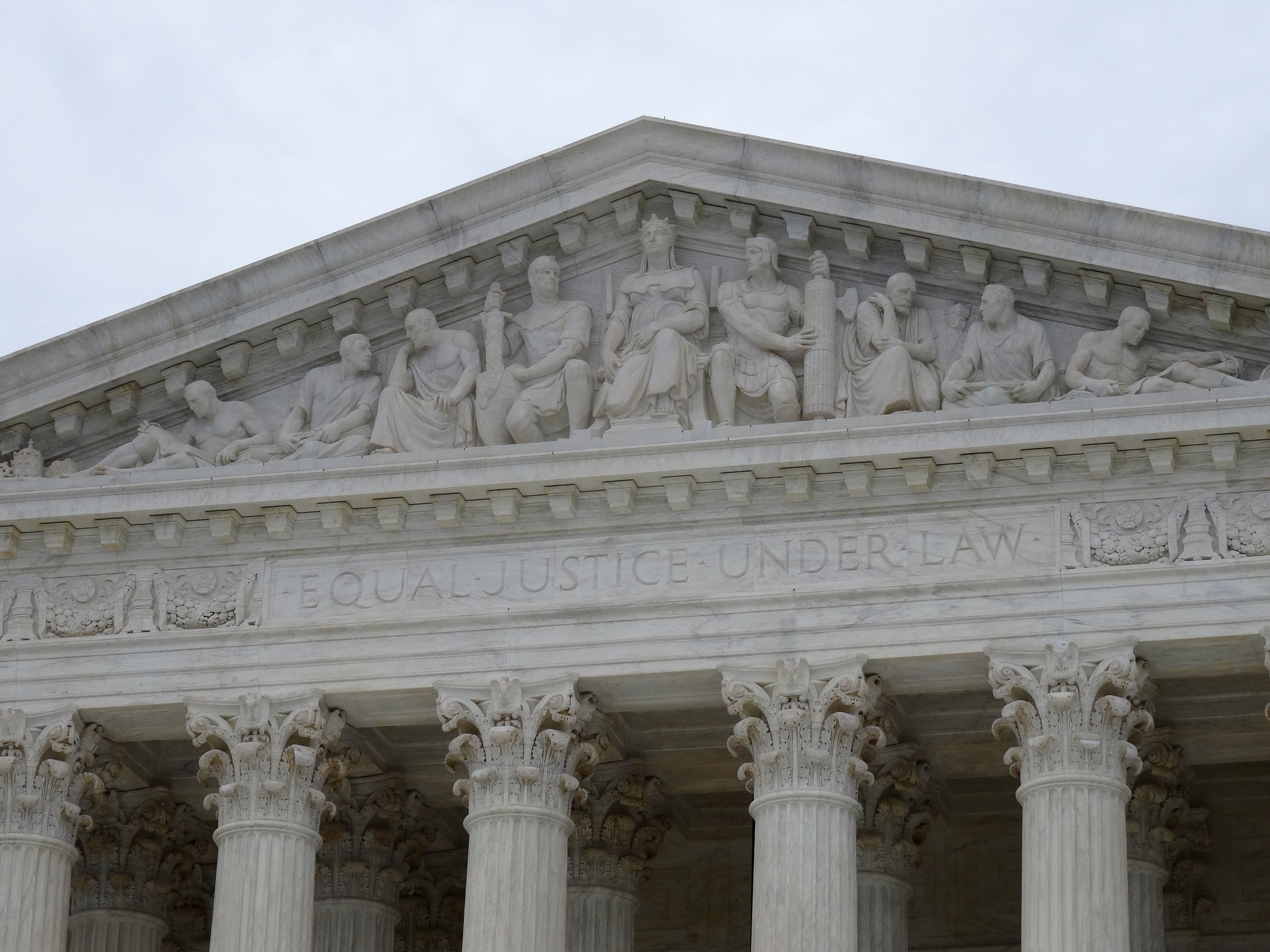Special Counsel Jack Smith revises the indictment against Trump
SCOTUS NEWS
Just under two months after a divided Supreme Court ruled that former presidents have broad immunity from prosecution for their conduct in office, Special Counsel Jack Smith charged former President Donald Trump in a revised indictment alleging that Trump conspired to overturn the results of the 2020 election. (Bob Pool via Shutterstock)
Just under two months after a divided Supreme Court ruled that former presidents have broad immunity from prosecution for their conduct in office, Special Counsel Jack Smith charged former President Donald Trump in a revised indictment alleging that Trump conspired to overturn the results of the 2020 election.
The court’s July 1 ruling, written by Chief Justice John Roberts, held that former presidents can never be prosecuted for actions related to the core powers of their office. The 36-page indictment was released on Tuesday to respond to the ruling of the court last month. The Roberts decision made it clear that Trump would not be prosecuted for using the Department of Justice as a tool to influence state officials in order to replace legitimate electoral ballots with fraudulent ones. The revised indictment does not include allegations that were spread across several pages of the original indictment. However, the Roberts decision left it up to lower courts to determine whether the other conduct described in the indictment was within Trump’s official duties. The revised indictment repeatedly highlights conduct that, prosecutors contend, did not fall within those responsibilities – describing, for example, how Trump “had no official responsibilities related to any state’s certification of the election results” and “no official responsibilities related to the convening of legitimate electors or their signing and mailing of their certificates of vote.” In describing Trump’s co-conspirators, the revised indictment also stresses that “none” of them “were government officials” and all “were acting in a private capacity.”
Trump’s trial in Washington was originally scheduled for March 4, 2024, but it was put on hold while Trump appealed rulings by Judge Tanya Chutkan and the U.S. Court of Appeals for the District of Columbia Circuit denying his bid for immunity. A new trial date has not yet been set, but the trial is not expected to begin before the November elections.
This article was originally published at Howe on the Court.






